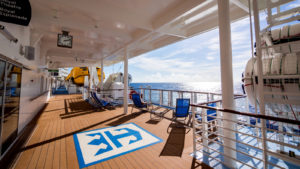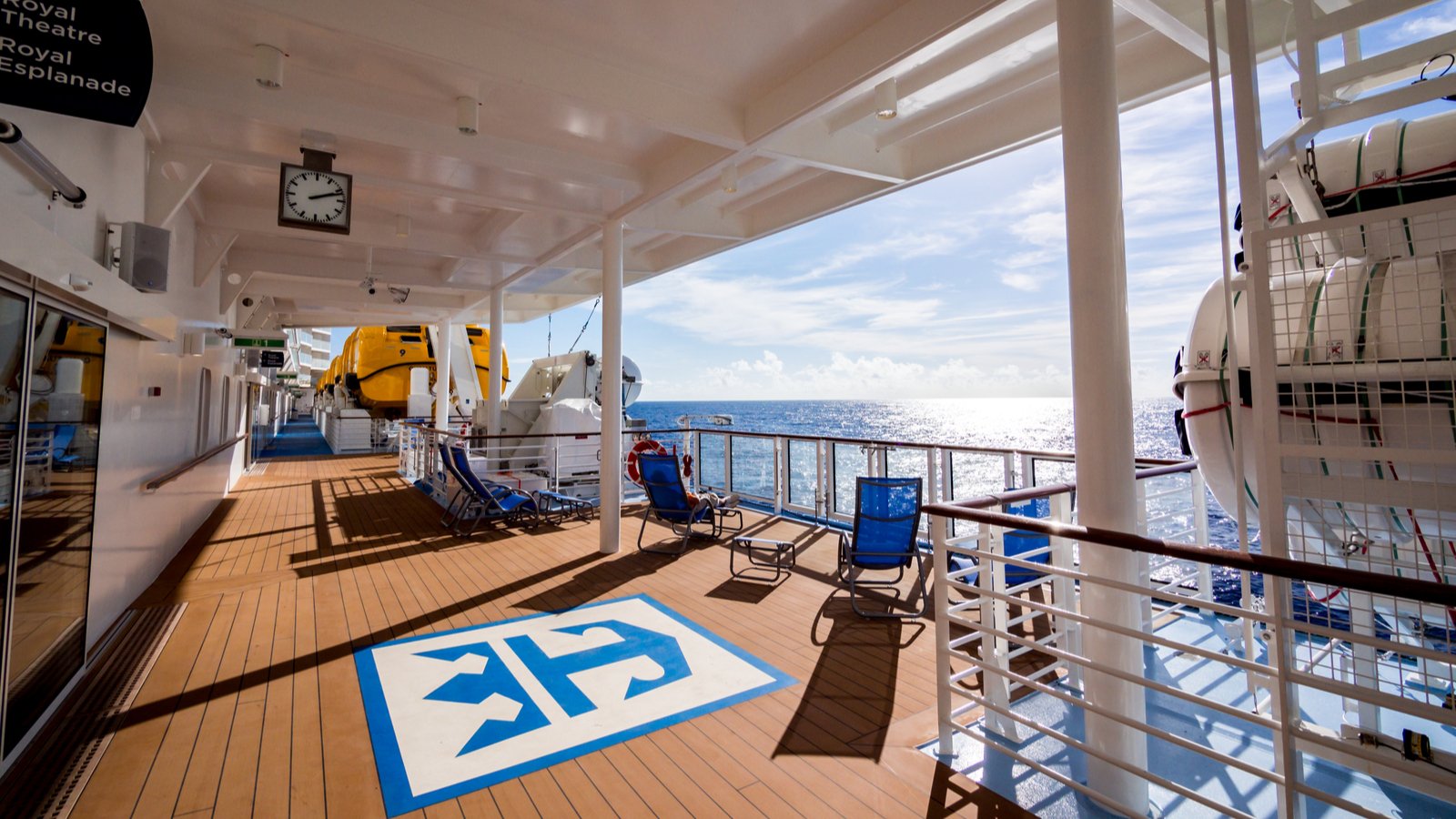Royal Caribbean’s (NYSE:RCL) ships are docked since March, but RCL stock is surprisingly up 34% in the past two months. There’s nothing to justify the increase at this point, with the company’s debt ballooning and a bleak outlook for the rest of the year. Therefore, it’s clear that RCL stock is overvalued at this point.

The novel coronavirus clouded over the cruise industry and continues to push back restart dates. Even the November window seems impractical for U.S. cruiseliners due to the election and the new year activities.
RCL is burning over $200 million each month during the suspension and is raising debt to stay afloat. Hence, the upside in investing in RCL stock is minimal at this stage.
Rough Seas Ahead
The cruise sector has been in free fall since the Covid-19 pandemic engulfed the world in March. The uncertainty surrounding restart dates continues to playout despite a vaccine being closer than ever. Many experts believe that it may take a very long time before the industry can return to pre-pandemic levels.
Cruising has historically made a lot of people anxious about contracting various illnesses such as seasickness. Despite cruise companies doing their best to dampen concerns regarding the virus, the contamination issue is still prevalent.
New passengers will continue to fuel concerns concerning the crisis no matter how meticulously the ships are cleaned. Additionally, cruise ships tend to have common activity areas, small cabins, and common transportation to complicate matters further.
On top of that, the widespread layoffs have weakened demand for discretionary goods and services. The virus has officially led various parts of the world, including the U.S., into an economic recession. RCL’s customer base lies in the upper end of the income distribution, which has been hit badly by the crisis.
In the previous recession, the company’s 2009 revenues fell 10% from $6.5 billion. However, the uncertainty surrounding this crisis is unprecedented and cannot be compared to the 2009 slowdown. RCL hopes to sail the seas in November, governments remain hesitant about opening up travel. Even if everything goes according to plan, the enthusiasm of the people is still anyone’s guess at this point.
RCL Is Strapped for Cash
The company’s earning per share after last year was at a healthy $8.97. As of the second quarter, though, the company posted an earnings loss of $7.83 per share. Revenues tanked 91%, and the company posted a net loss of $1.63 billion. With two more quarters to go and no clarity about the future, expect things to get even worse.
Meanwhile, RCL is burning cash at a massive $250 million per month. It is currently delaying its covenants and borrowing to hang around. As of the second quarter, it had $18.2 billion in long-term debt, taking its trailing 12-month leverage to 3.72 from 2.49 last year. Moreover, operating cash flows are at a negative $2.25 billion in the second quarter. Considering that the cash burn remains constant, RCL will burn another $750 million in the third quarter alone.
Its liquidity balance is currently at $4.1 billion thanks to its amendments of $11 billion in debt and covenant waivers. Additionally, it has also received a year-long debt amortization holiday for its export-credit-backed finances. However, these strategies are likely to benefit the company only in the short run, especially in case of more delays.
Bottom Line on RCL Stock
RCL’s year has been marred by losses, canceled bookings, and suspension of its activities. Investors could probably think out of is a speculative stock, but with the massive uncertainty, its tough to invest in it either way. Its financial leverage is concerning and could have long term implications for the company.
Therefore, its best to avoid RCL stock at this stage.
On the date of publication, Muslim Farooque did not have (either directly or indirectly) any positions in the securities mentioned in this article
